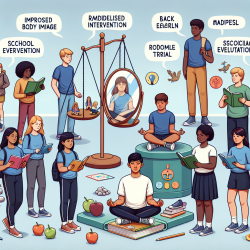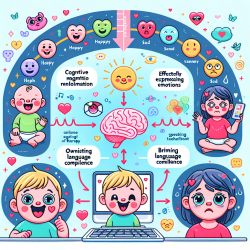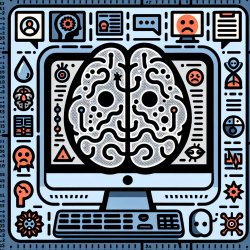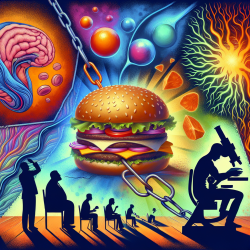Introduction
In the realm of adolescent development, body image stands as a pivotal aspect influencing both physical and psychological health. The prevalence of poor body image among adolescents is alarming, with significant associations to negative outcomes such as disordered eating and low self-esteem. Addressing this issue requires innovative, evidence-based approaches that can be implemented effectively in school settings. The Protocol of a cluster randomised trial of BodyKind: a school-based body image programme for adolescents offers valuable insights into such interventions.
BodyKind: A Comprehensive Approach
The BodyKind program is a school-based, teacher-led initiative designed to foster positive body image among adolescents. It incorporates principles of cognitive dissonance, self-compassion, and social activism, aiming to support adolescents in appreciating their bodies and reducing dissatisfaction. This multicomponent program is culturally adapted for the Irish context, providing a relevant and inclusive approach to body image education.
Methodology and Implementation
The BodyKind program employs a cluster randomised control trial (cRCT) involving 600 students aged 15-17 years across 26 schools in Ireland. Schools are randomly assigned to either the intervention group, receiving the BodyKind program, or a waitlist control group. Teachers undergo training to deliver the program over four weeks, focusing on enhancing body appreciation, psychological wellbeing, and reducing body dissatisfaction.
Primary outcomes include body appreciation and psychological wellbeing, while secondary outcomes focus on self-compassion, social justice motives, and appearance-based social media use. The program's effectiveness is evaluated through pre-, post-, and two-month follow-up assessments.
Outcomes and Implications
Preliminary findings suggest that the BodyKind program significantly enhances body appreciation and psychological wellbeing among participants. The incorporation of self-compassion and social activism as mediators of change shows promise in sustaining these improvements. Moreover, the program's teacher-led model ensures scalability and sustainability, making it a viable option for widespread implementation in schools.
The BodyKind program not only addresses body dissatisfaction but also promotes a positive body image, empowering adolescents to challenge societal norms and engage in prosocial behaviors. This holistic approach aligns with contemporary needs, addressing social media influences and fostering an inclusive environment for all genders.
Encouraging Further Research
While the BodyKind program demonstrates effectiveness, further research is encouraged to explore its long-term impact and adaptability in diverse cultural contexts. Practitioners are urged to consider implementing similar evidence-based programs and contribute to the growing body of research on adolescent body image interventions.
Conclusion
The BodyKind program represents a significant advancement in school-based body image interventions, providing a comprehensive, evidence-informed approach to fostering positive body image among adolescents. By addressing contemporary challenges and promoting inclusivity, BodyKind has the potential to improve adolescent wellbeing on a global scale.
To read the original research paper, please follow this link: Protocol of a cluster randomised trial of BodyKind: a school-based body image programme for adolescents.










